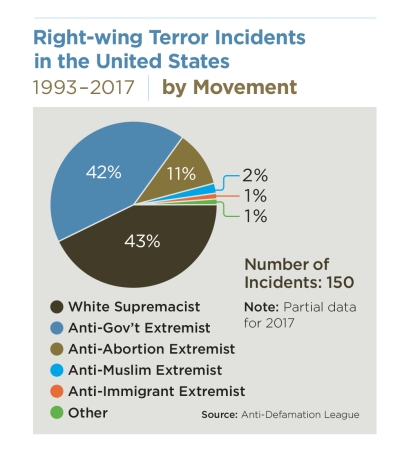White supremacy does not “violate” Lee’s “most fundamental convictions.” White supremacy was one of Lee’s most fundamental convictions.
Lee was a slaveowner—his own views on slavery were explicated in an 1856 letter that it often misquoted to give the impression that Lee was some kind of an abolitionist. In the letter, he describes slavery as “a moral & political evil,” but goes on to explain that:
I think it however a greater evil to the white man than to the black race, & while my feelings are strongly enlisted in behalf of the latter, my sympathies are more strong for the former. The blacks are immeasurably better off here than in Africa, morally, socially & physically. The painful discipline they are undergoing, is necessary for their instruction as a race, & I hope will prepare & lead them to better things. How long their subjugation may be necessary is known & ordered by a wise Merciful Providence. Their emancipation will sooner result from the mild & melting influence of Christianity, than the storms & tempests of fiery Controversy.
The argument here is that slavery is bad for white people, good for black people, and most importantly, it is better than abolitionism; emancipation must wait for divine intervention. That black people might not want to be slaves does not enter into the equation; their opinion on the subject of their own bondage is not even an afterthought to Lee.
Lee’s cruelty as a slavemaster was not confined to physical punishment. In Reading the Man, the historian Elizabeth Brown Pryor’s portrait of Lee through his writings, Pryor writes that “Lee ruptured the Washington and Custis tradition of respecting slave families,” by hiring them off to other plantations, and that “by 1860 he had broken up every family but one on the estate, some of whom had been together since Mount Vernon days.” The separation of slave families was one of the most unfathomably devastating aspects of slavery, and Pryor wrote that Lee’s slaves regarded him as “the worst man I ever see.”
The trauma of rupturing families lasted lifetimes for the enslaved—it was, as my colleague Ta-Nehisi Coates described it, “a kind of murder.” After the war, thousands of the emancipated searched desperately for kin lost to the market for human flesh, fruitlessly for most. In Reconstruction, the historian Eric Foner quotes a Freedmen’s Bureau agent who notes of the emancipated, “in their eyes, the work of emancipation was incomplete until the families which had been dispersed by slavery were reunited.”
Lee’s heavy hand on the Arlington plantation, Pryor writes, nearly led to a slave revolt, in part because the enslaved had been expected to be freed upon their previous master’s death, and
Lee had engaged in a dubious legal interpretation of his will in order to keep them as his property, one that lasted until a Virginia court forced him to free them.
[Emphasis mine.]

